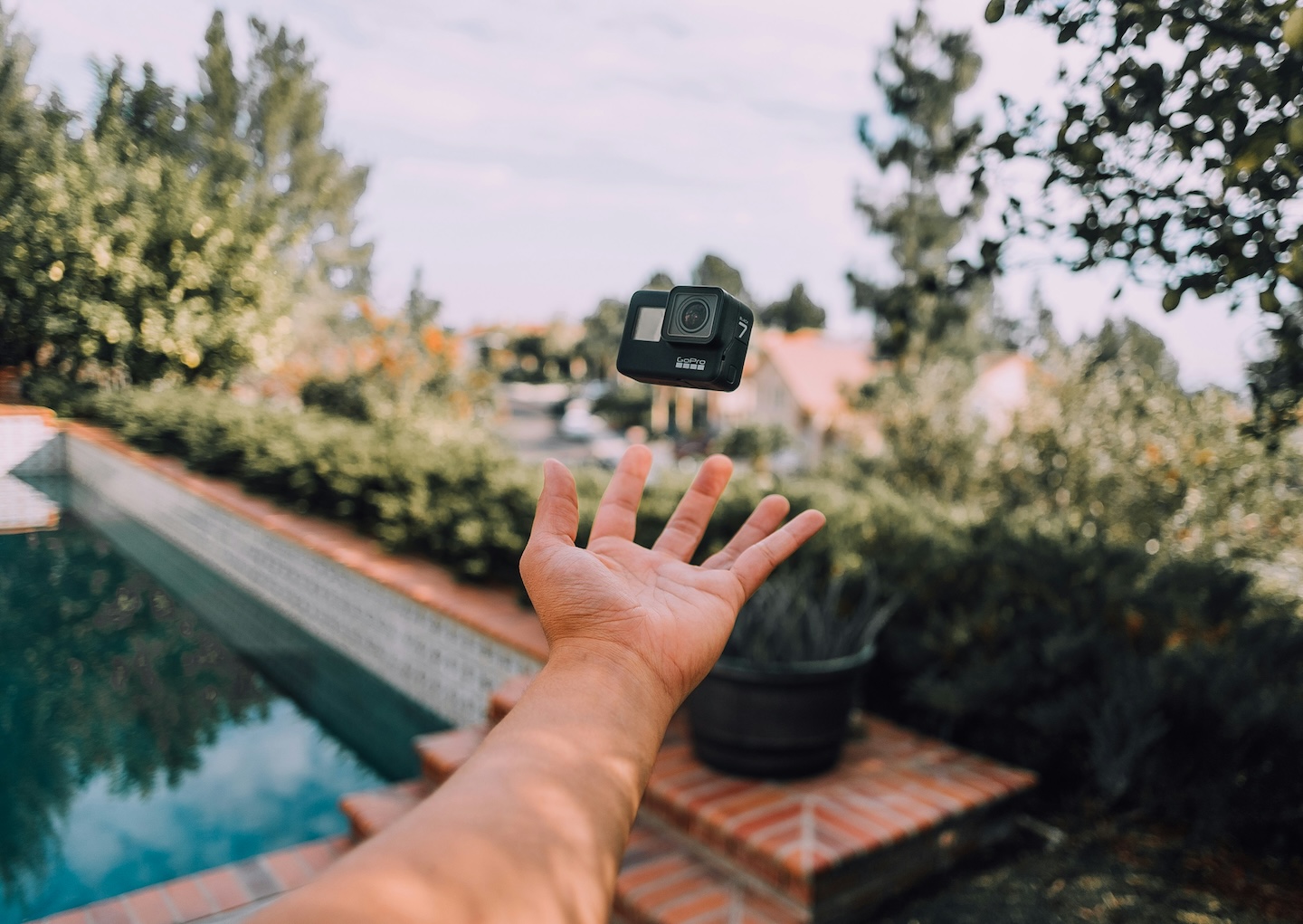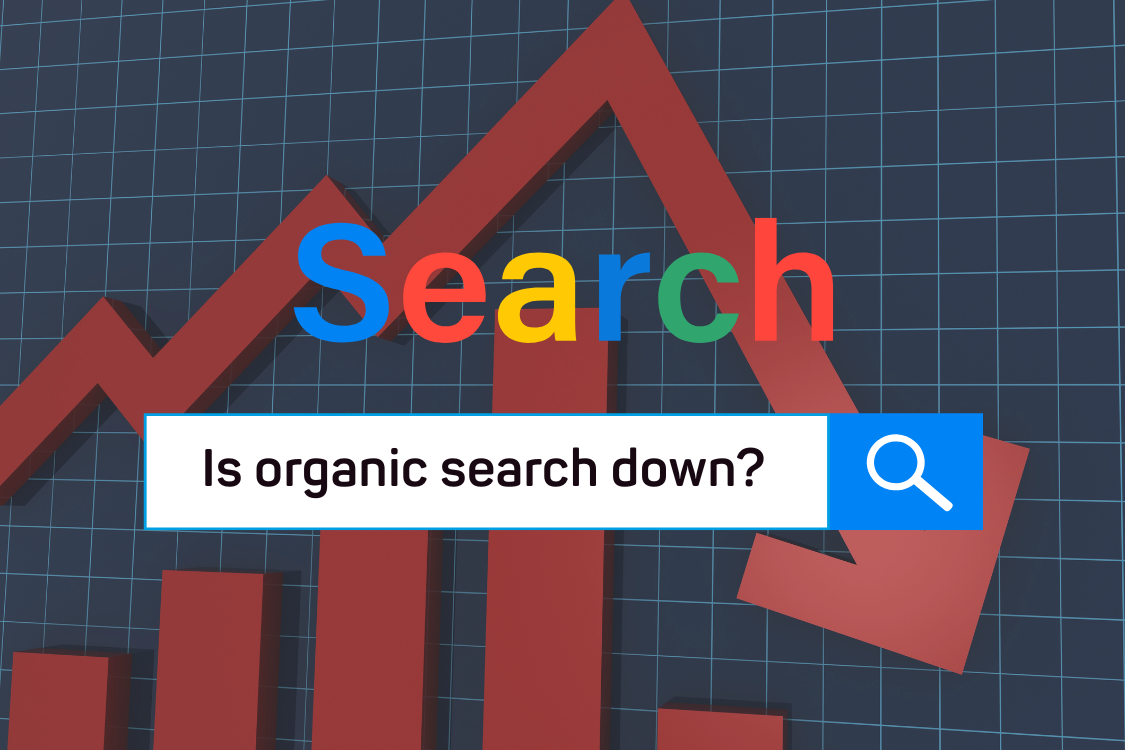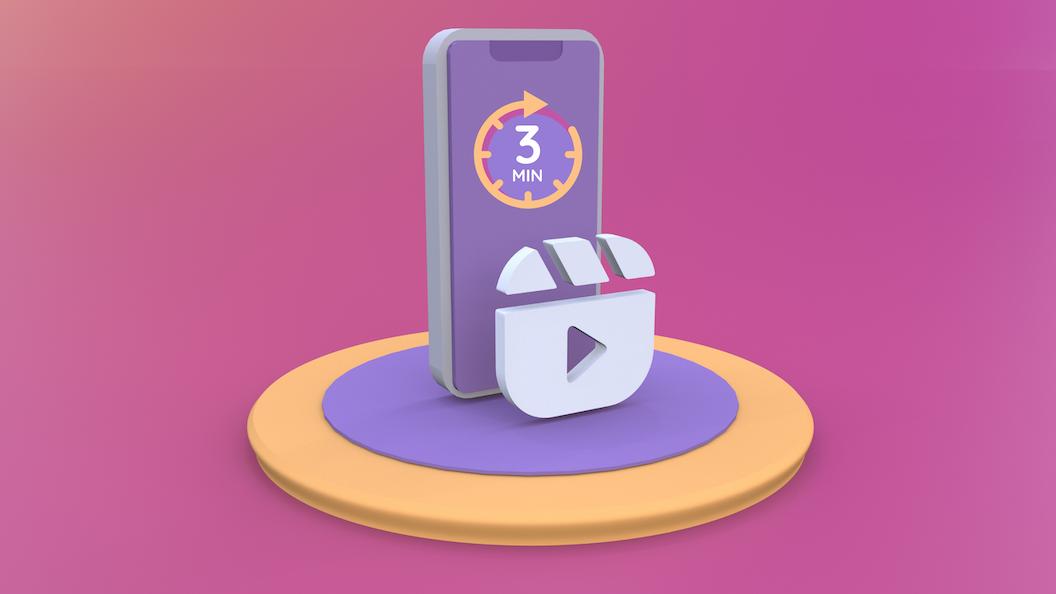TwoSix Digital Blog
The Power of Vertical Video: How Authentic Storytelling Drives Destination Marketing Success
May 8, 2025 | Digital Marketing Strategies, Tourism and Technology Tidbits
I grabbed a couple of friends and headed to Hocking Hills State Park for a few nights of camping and hiking in April. As a digital media lover, I was excited to use this as an opportunity to capture some photo and video content. The trails, waterfalls, and caves were...
On Our Radar | May 2025
May 8, 2025 | On Our Radar
The TwoSix team is back and ready to share what’s On Our Radar for May so that you can stay ahead of the always-evolving digital marketing landscape. This month, the TwoSix team discusses AI search results, LinkedIn video, a new Instagram editing app, the power of...
On Our Radar Highlight – Is Organic Search Traffic Down Across the Board?
Apr 29, 2025 | Data Tracking, Tourism and Technology Tidbits
Nick Danowski Lead Content Strategist For the first time in almost a decade, Google has reported that they see more than 5 TRILLION searches on their platform annually. The last time Google gave the figure was in 2016, telling Search Engine Land that they...
The Generational Planning Divide: Millennials vs. Baby Boomers
Apr 10, 2025 | Tourism and Technology Tidbits
From needing a travel agent to book a trip to spontaneously booking one because of a TikTok, trip planning has changed dramatically over the years. Today, blogs, social media, and AI are all making it easier for the average traveler to plan their next adventure....
On Our Radar | April 2025
Apr 9, 2025 | On Our Radar
The TwoSix team is back and ready to share what’s On Our Radar for April so that you can stay ahead of the always-evolving digital marketing landscape. This month, the TwoSix team discusses new YouTube Shorts features, organic search traffic, the TikTok ban, new...
5 Questions with our Newest Team Member, Sydney Van Hulle
Mar 17, 2025 | Company News
Read on to learn more about her.TwoSix: Welcome to the team, Sydney! Tell us a little bit about yourself. Sydney: Excited to be on the team! I’m a born and raised Michigander and I graduated from Hope College with a Communication degree back in 2017—there are worse...
On Our Radar | March 2025
Mar 12, 2025 | On Our Radar
The TwoSix team is back and ready to share what’s On Our Radar for March so that you can stay ahead of the always-evolving digital marketing landscape. This month, the TwoSix team discusses email marketing best practices, Meta ad impressions, Google's new "AI mode"...
How to Create an Effective Automated Welcome Email Series
Mar 12, 2025 | Email Marketing
First impressions matter—especially in email marketing! When someone signs up for your emails, they’re raising their hand and saying, "Yes, I want to hear from you!" This is your golden opportunity to connect while their interest is at its peak. But attention spans...
On Our Radar Highlight – Short Form Content Keeps Getting Longer!
Mar 5, 2025 | Digital Marketing Strategies, Tourism and Technology Tidbits
Brian Matson Senior Director of Strategy & Education In October, YouTube announced that their Shorts format would expand to a maximum of 3 minutes for a video. Now, Instagram has done the exact same thing! Instagram Reels can now be 3 minutes! It’s important to...
On Our Radar | February 2025
Feb 13, 2025 | On Our Radar
The TwoSix team is back and ready to share what’s On Our Radar for February so that you can stay ahead of the always-evolving digital marketing landscape. This month, the TwoSix team discusses short-form content, Meta Threads ads, email marketing trends, and more!...







